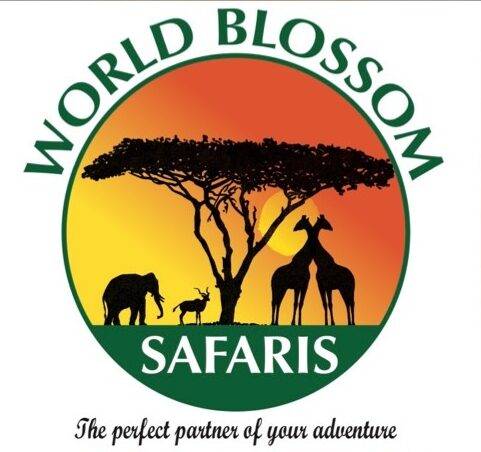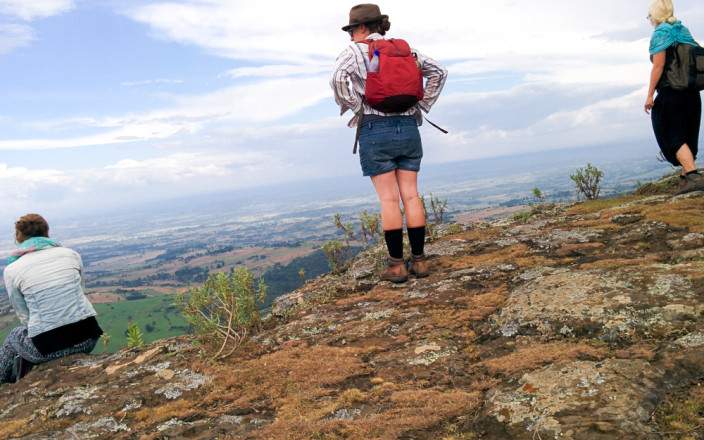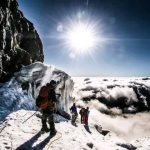Mount Elgon National Park: A Jewel on the Edge of East Africa
History of the Park
Mount Elgon National Park, straddling the Uganda-Kenya border, boasts a rich history tied to its volcanic origins.
Named after Mount Elgon, one of Africa’s oldest volcanoes, the park holds cultural significance for the Bagisu and Sabiny communities.
Recognized as a national park in Uganda in 1993, it preserves the region’s biodiversity and cultural heritage, including ancient caves once used by local tribes.
Park at a Glance
Mount Elgon National Park spans 1,279 square kilometers, making it Uganda’s fourth-largest national park.
Its centerpiece is Mount Elgon, which boasts one of the largest calderas in the world, expansive moorlands, and unique Afro-montane ecosystems.
The Ugandan side of the park features less crowded trails, offering a serene alternative to other climbing destinations.
Wildlife
The park is home to diverse wildlife, including mammals like forest elephants, leopards, hyenas, and bushbucks.
Primates such as blue monkeys and black-and-white colobus monkeys are common.
Bird enthusiasts can spot over 300 bird species, including the endangered Jackson’s francolin and the elusive lammergeier.
Access
The park is accessible via Mbale town, approximately 235 km (5–6 hours) northeast of Kampala.
Well-maintained roads connect Mbale to park gates like Kapkwai, Budadiri, and Sipi.
Travelers can use private cars, public transport, or tour operator services to reach the park.
When to Visit
The park is open year-round, but the best time to visit is during the dry seasons: June to August and December to February.
During these months, the trails are less muddy, and wildlife sightings are more frequent.
Accommodation
Visitors can choose from a variety of accommodations:
Inside the Park: UWA bandas and camping facilities at Kapkwai and other trailheads.
Outside the Park: Sipi River Lodge, Lacam Lodge, and Mbale Resort Hotel cater to different budgets and offer easy access to park activities.
Outside the Park
Beyond the park, the Sipi Falls area offers breathtaking views, coffee farm tours, and cultural experiences with the Sabiny people.
Mbale town serves as a hub for shopping, dining, and cultural exploration.
The Local People
The Bagisu and Sabiny people living around Mount Elgon have deep connections to the land.
Known for their vibrant cultures, they practice traditional farming and are famous for the Bagisu’s Imbalu circumcision ceremonies and the Sabiny’s unique folklore.
Activities and Attractions
Hiking and Trekking: Trails lead to Wagagai Peak, the caldera, and waterfalls.
Cave Exploration: Discover caves like Kitum and Chepnyali, historically used for shelter.
Bird Watching: Spot rare species in montane forests.
Cultural Experiences: Engage with local traditions, including coffee tours and dances.
Sipi Falls: A must-see attraction with dramatic views and abseiling opportunities.
Tariffs and Payments
Entrance Fees: $40 per adult for foreign non-residents, $30 for foreign residents, and UGX 20,000 for East African citizens.
Guided Tours and Trekking: Additional fees apply depending on the trail and activity chosen.
Payments can be made at the park entrance or through authorized agents.
Why You Shouldn’t Miss Visiting the Park
Mount Elgon National Park is a treasure trove of natural beauty, cultural richness, and adventure. Whether you’re scaling Wagagai Peak, marveling at Sipi Falls, or learning about Bagisu traditions, the park promises an unforgettable experience.
It’s a perfect destination for nature lovers, adventurers, and cultural enthusiasts alike.
Embark on a journey to Mount Elgon National Park and discover why this serene landscape is one of East Africa’s best-kept secrets




